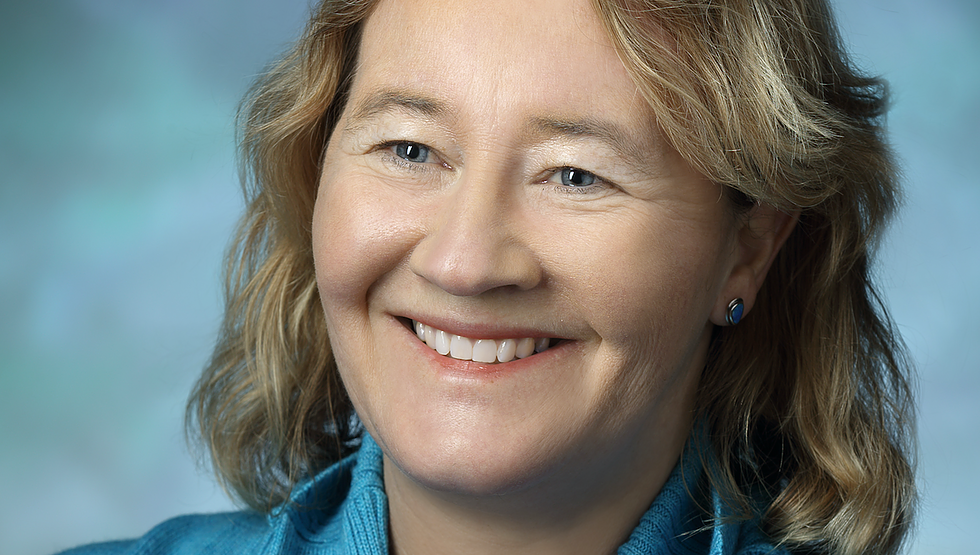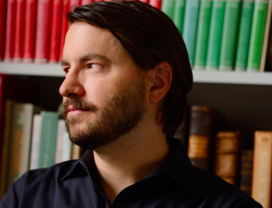Today we welcome JHU’s Professor Carol Greider to the WFF@H blog.

One interesting conclusion that the recent NAS/NAE/NAM report on sexual harassment draws is that much of the leaky pipeline for women in science may stem from sexual harassment in academic science. (You can read more about the NAS report in Science Magazine, the Chronicle of Higher Ed, the Washington Post, and the New York Times.)
When I read this report, I was reminded of very similar issues here at JHU. We (along with many other academic institutions) are doing a poor job at resolving sexual harassment cases promptly and fairly. The NAS report is clear: by not addressing these issues, we are also contributing to the leaky pipeline of women in science.
The good news is that the NAS report offers clear suggestions. I see this as a unique opportunity for JHU to tackle this problem head on. There are many concrete steps we can take; just as a start I list a few below, although I note that there are many others we could also consider.
- Give OIE more support and more staff ASAP. The problem is not just that OIE is very slow to respond; the problem is also one of pervasive perception that OIE is not able to help and so people don’t report. What colleagues I know have experienced here at JHU is very similar to the story of poor institutional response at Columbia University. As things currently stand, we are no better.
- Establish less hierarchical mentoring environments. Empower and encourage Ph.D. thesis committees to discuss career and climate issues with students. Assign one thesis committee member as co-mentor for the student to address environment and progress towards personal and professional goals. (See K.A. Amienne’s Chronicle article on how a system that locates power in only a select few inevitably lists toward abusiveness.)
- Treat sexual harassment, as defined broadly in this report, as research misconduct. Sexual harassment in the laboratory dramatically slows down research progress. For that reason, as stated in the report, sexual harassment should be considered research misconduct. The same, or perhaps a parallel, equally rigorous process that is brought to bear on research misconduct cases should be carried out for sexual harassment cases, and funding agencies should be notified.
It’s often said that changing institutional “climate” and “culture” is difficult. This is true, but it is no reason not to tackle this issue head on. Many things that we do in our personal and professional lives are difficult and yet we do them because they are important.
Hopkins and other leading research universities should take concrete steps laid out so clearly by the NAS report. We should be leaders in making real change for women in science, and indeed increasing the overall effectiveness of the research enterprise.
Clearly, now is the time to act.
What can you do? You can start by sharing the NAS report widely, as well as this blog and other specific concrete recommendations. Join the conversation: There will be a report discussion Tuesday, June 26, that will be webcast; click here for more information.
It’s time to take part, even if, and especially, if you’ve never spoken up before.
Carol Greider
Daniel Nathans Professor & Director, Molecular Biology & Genetics
Bloomberg Distinguished Professor
June 21, 2018




